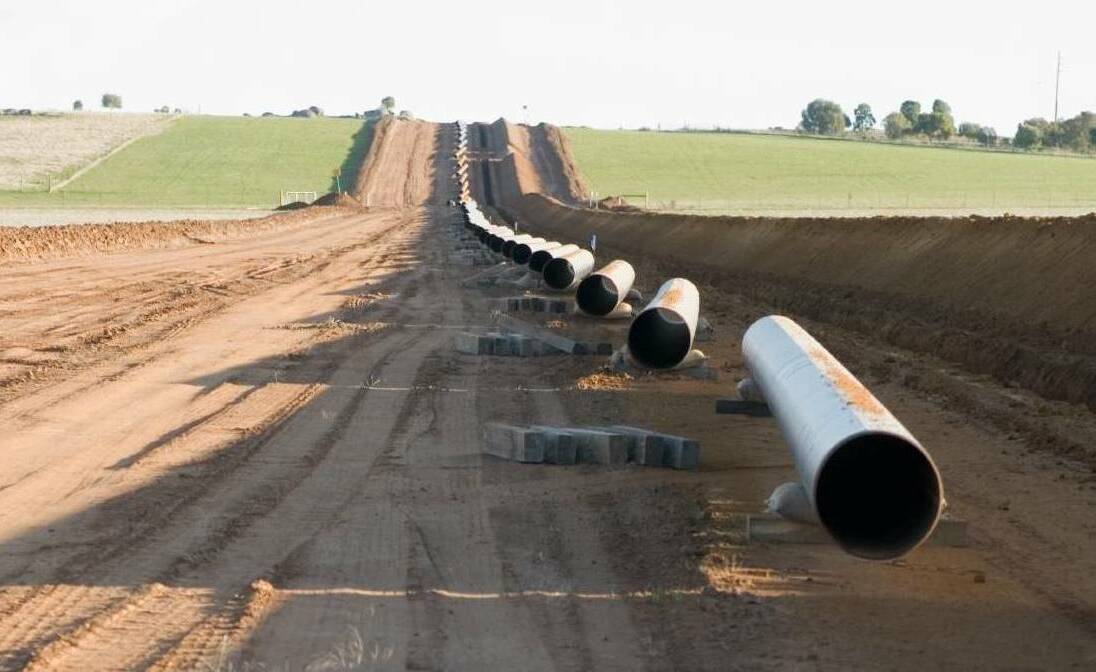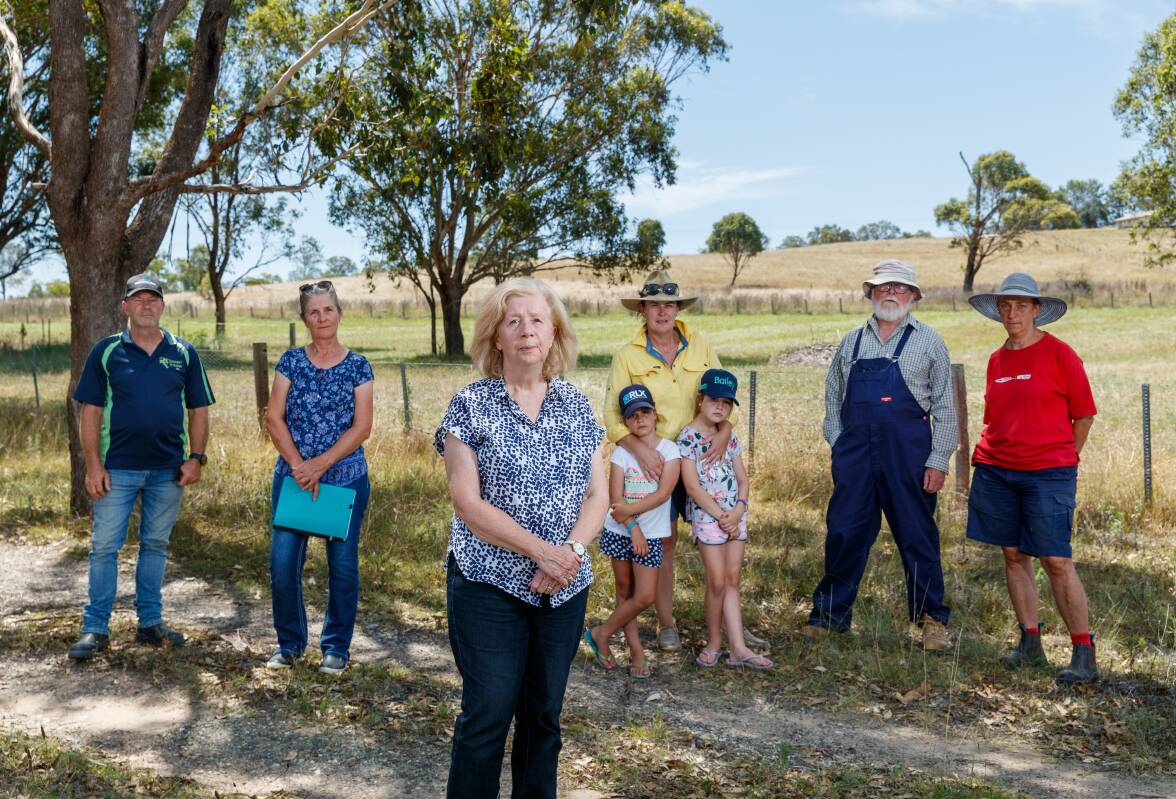
EVEN in the coal-rich Hunter Valley, there's ample evidence of substantial and growing support for the "decarbonisation" of the power grid through the closure of the state's big coal-fired power stations.
But as most of those in support of an end to coal power don't want to cook over open fires or read by candlelight, the push to rid the grid of coal should bring with it an acceptance that another concentrated source of energy - in the form of gas - will be needed to bolster the supply of clean, but undeniably intermittent, power from wind and solar sources.
Hence the NSW government's push to allow Santos to develop the controversial Narrabri gas fields, and to pipe the product to the east coast through the equally controversial Hunter Gas Pipeline, now also owned by Santos.
Yet as Matthew Kelly is reporting this week, a seemingly substantial number of property owners along the prospective route for the pipeline are strongly opposed to the project, with one saying he would chain himself to his gates rather than let company representatives enter his Maitland region property.
Circumstances will vary from property to property, but in the same way that land owners elsewhere have struck apparently satisfactory access arrangements with wind turbine companies, experience indicates that Santos will eventually secure access to the long and narrow strip of land it needs to shift the gas 400 kilometres to the coast.
One of the attractions of our democratic way of life is the genuine security that private property can bring to its owners.
At the same time, however, there must surely be a recognition, where appropriate, of national need. This appears to be one of those circumstances.
Lock The Gate Alliance, which has been extremely active - and successfully so - as an environmentally inclined voice in rural areas, is opposed to gas as a transition fuel.
Perhaps some of the land owners are too.
But Australia cannot allow its energy security to spiral down into uncertainty.
Hard decisions need to be taken. If property owners are inconvenienced they must be appropriately compensated for their losses.
Using stock routes where possible, as Nationals MP Dave Layzell is suggesting, would minimise the private impost. But at the end of the day, it's a buried pipeline.
The bulk of any disruption should surely be temporary.
ISSUE: 39,809

To see more stories and read today's paper download the Newcastle Herald news app here.







